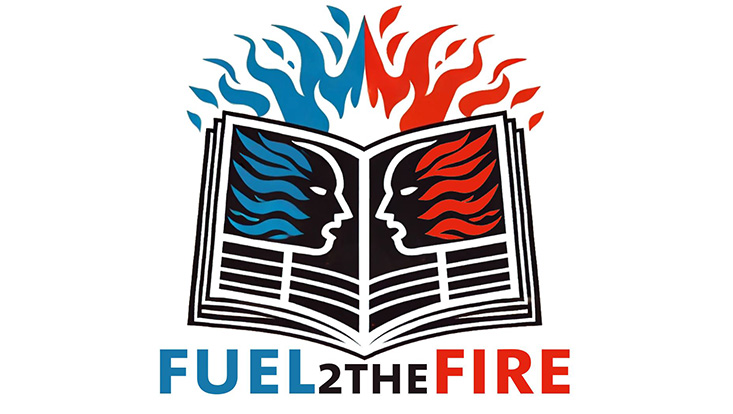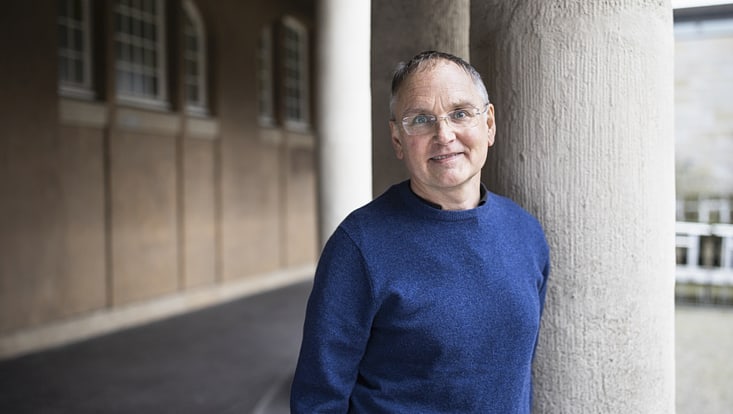Volkswagen Foundation funds University of Hamburg projectsThe Media and Polarization in Europe
6 February 2025, by Newsroom editorial office

Photo: Meyer/Pröschel
Even established democracies such as Germany are becoming increasingly polarized and endangered by the conflicts polarization creates. The role of the media in this process is the focus of 2 research projects being conducted by the Professorship for Climate Communication at the Faculty of Business, Economics and Social Sciences.
Fuel2theFire focuses on how the media contributes to polarization in debate and what journalists can do to foster constructive discourse. The pilot project Political Polarization and Journalistic Practices: Adding Fuel to the Fire? is already receiving funding from the Volkswagen Foundation. The main project, Media and Polarization in Europe: How Journalism can Support Democratic Debates, will receive roughly one million euros in the next 3 years. It is one of 11 cooperative projects that have been granted funding in the current application round.
The goal of the overall project being conducted in the funding initiative Transformational Knowledge and Democracies under Change is to study the connections between journalistic approaches, the polarization of debate, and polarization in the minds of media consumers. “Together with journalists, we want to work on recommendations for editors that are, on the one hand, evidence-based, and, on the other, practicable,” says project head Michael Brüggemann, professor of communications and climate and science communication at the University of Hamburg.
Studying content and impact
In addition to Brüggemann, the project is being overseen by Anamaria Dutceac Segesten from Lund University; Thomas Schnedler from the Netzwerk Recherche; and Mike Farjam, the project coordinator at the University of Hamburg. There are also researchers from the University of Barcelona and the Adam Mickiewicz University in Poznań. In all participating countries, researchers will analyze media content, experiment with media impact, and set up workshops and focus-group discussions with members of the media.
Their aim is to take a comprehensive look at how European editors handle polarizing topics and polarization itself. They also want to look at the impact that the media has with regard to readers’ own polarization. Thanks to close cooperation with practitioners, shared ideas and solutions for journalistic approaches that do not needlessly drive polarization can be forged.
Focus on solutions and dialogue
Initial results from the pilot project have just been published in Hamburger Impulse zur Depolarisierung medialer Debatten, on which a team of researchers had worked for one and a half years. Here, the authors already make their first concrete recommendations for journalistic work and how to moderate debates on social media. To follow political decision-making critically and constructively, they write, they should also follow efforts to find solutions rather than focus only on the potential for conflict. The researchers also write that it is helpful to move beyond simply reporting to seeking dialogue with their readership.


